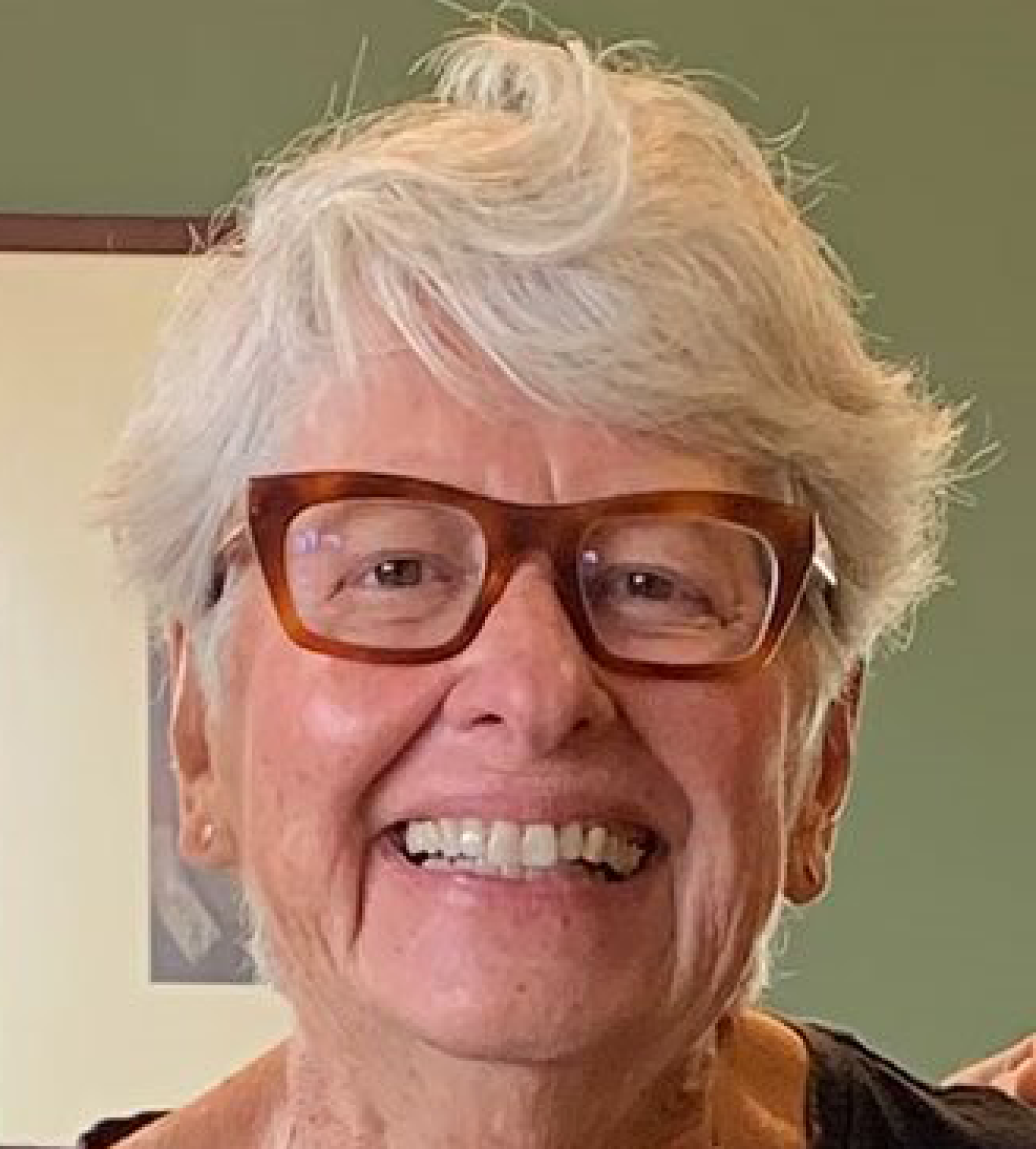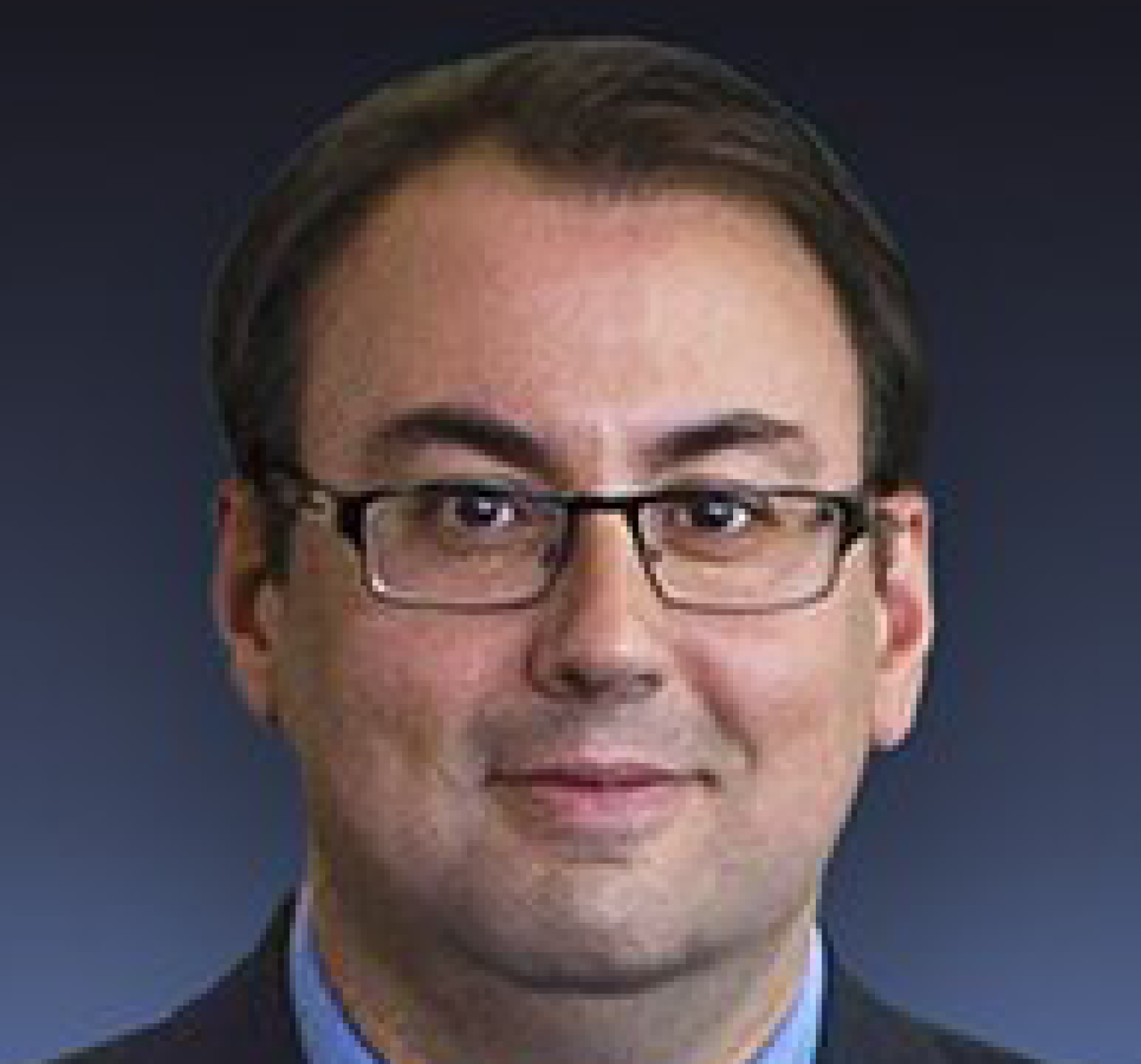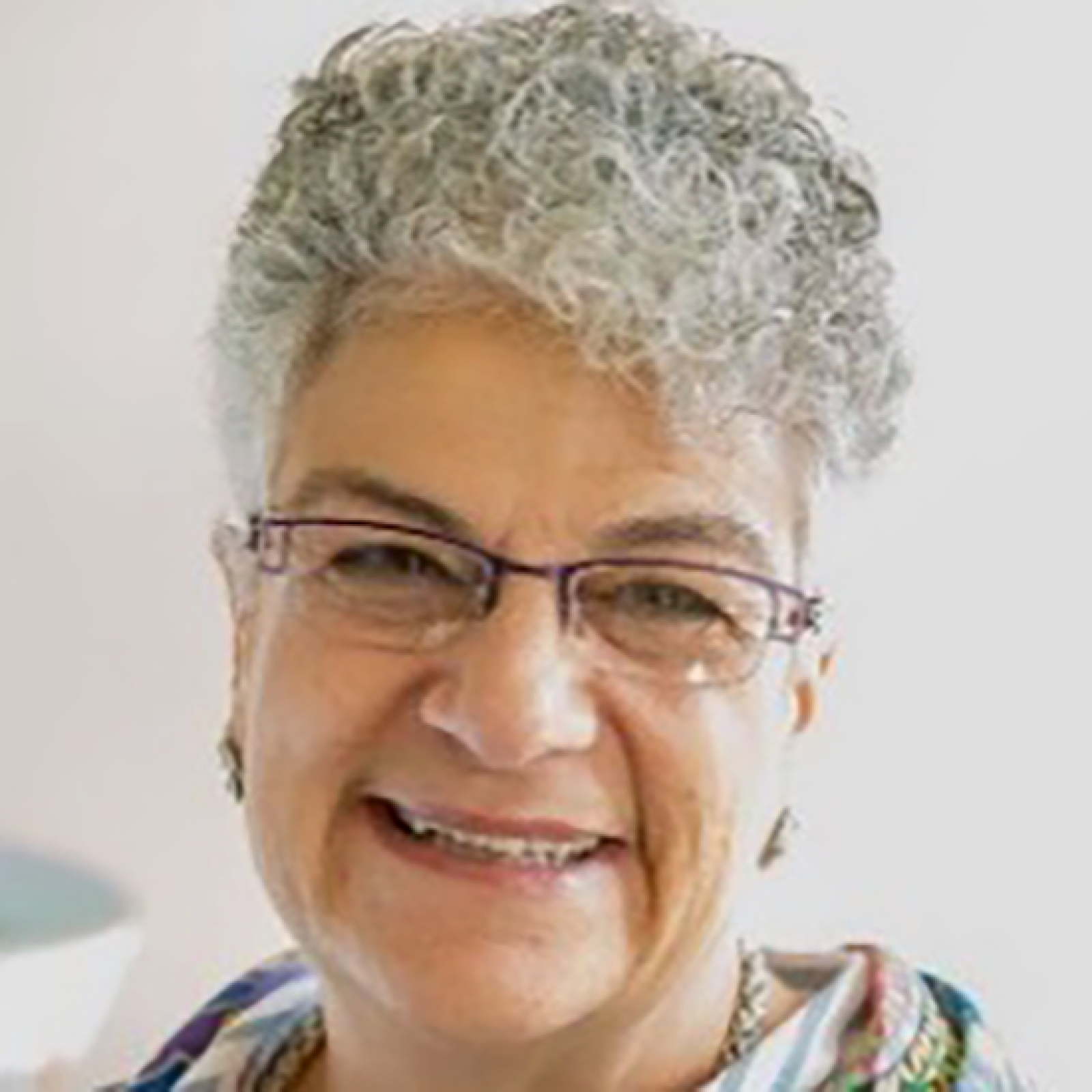PFACs emerge from the pandemic ready to enhance the patient voice at hospitals and ACOs
Many Patient and Family Advisory Councils (PFACs), which serve as the patient voice at hospitals and accountable care organizations, are transitioning from COVID-related conditions to addressing ongoing concerns, including diversity and inclusion.

Cynthia Suopis
A case in point is the PFAC at Cooley Dickinson Hospital in Northampton, part of the Mass General Brigham system.
Cynthia Suopis, Ph.D., joined the PFAC shortly before COVID-19 impacted hospital operations. As the council co-chair representing patients and families, she says she “tried to somehow keep the group together and also let the hospital know we were still here.” That included activities aimed at honoring the hard-working staff at the hospital and maintaining a visible presence for the PFAC.
Tony Scibelli, M.B.A., Vice President of Operations & Chief Administrative Officer at Cooley Dickinson, serves as the hospital’s liaison and co-chair of the PFAC. He notes his appointment came after the hospital’s president interviewed PFAC members and learned that they most wanted a hospital representative to co-chair the council who had “the authority, responsibility and ability to make changes.”

Tony Scibelli
The Patient and Family Advisory Council at Cooley Dickinson Hospital was established in 2009, the year before legislation required all hospitals in the Commonwealth to have an operational PFAC. Accountable care organizations serving MassHealth members are also required to convene PFACs to ensure input from patients and families.
Diversifying PFAC membership is high priority
As with PFACs at hospitals throughout the state, Suopis says that the Cooley Dickinson PFAC has been working to increase the diversity of its membership to better reflect the community it serves, with good results.
Suopis and Scibelli describe several steps taken recently, including:
- Reconfiguring the membership committee as a standing committee that helps drive the monthly meeting agendas and works to increase engagement, rather than a nominating committee that meets only once each year.
- Flexibility for meeting attendance — shifting from in-person to virtual meetings during the pandemic to maintain a regular schedule.
- Outreach to social service agencies in the area for help recruiting members to reflect the demographics of the community, including race, ethnicity and gender identity.
- Outreach to local colleges; two students from Smith College in Northampton are currently serving as members.
In the fall, Suopis will transition from her position as community co-chair of the PFAC to a seat on the Cooley Dickinson Hospital Board of Trustees. Scibelli reports this is at least the second time a PFAC member has been invited to join the hospital’s Board. Suopis will continue to serve on PFAC committees, in addition to her other commitments at the University of Massachusetts and in the community.

Nicola Truppin
Efforts underway to bolster PFAC participation in safety and quality
As part of a broader statewide strategic plan to improve the safety of care, known as the Roadmap to Health Care Safety for Massachusetts, the Betsy Lehman Center and the Massachusetts Health Care Safety and Quality Consortium are leading an effort to support PFACs across the state as they work to enhance the value they can provide to the hospital and ACO community.
Nicola Truppin, J.D., who serves on the Consortium as a voice for patients and families, is well-versed in the history of PFAC involvement in Massachusetts and sees an opportunity to enhance the role patients and families play in health care through the councils.
In addition to professional practice as a health care attorney, mediator and patient navigator, Truppin has served as a consumer volunteer on the Consumer Health Quality Council of Health Care for All, the Board of Registration in Medicine’s Quality and Safety Committee, Beth Israel Deaconess Medical Center’s Ethics Advisory Committee and BIDMC’s hospital-wide PFAC. She continues to serve on BIDMC’s Medication Safety Subcommittee, which she first joined as a PFAC member in 2011.
The BIDMC PFAC is constructed as a steering committee to advise hospital departments that seek its input on policies and procedures and loosely oversees the work that is done by patient and family advisors who participate in various standing committees around the hospital system.
PFAC members are a resource that hospitals should work to retain as active participants, Truppin says, even when the organization has assigned term limits for PFAC membership. Especially at a time when hospital mergers are common and staff turnover is high, the knowledge and institutional memory that PFAC members and other patient advisors embody can be especially valuable.
When Truppin hit the two-year limit of her term on the BIDMC PFAC, she actively pursued ways to stay involved. She joined a small group of patient advisors who were trained to survey inpatients about their care experience. With guidance from the program leader for patient and family engagement at the hospital, advisors visited patients in their rooms and solicited feedback, which was aggregated monthly and shared with the Nurse Manager of the floor. At times, prompt action might be necessary to resolve a particular issue. The information was also used for systems improvement and teaching. The program was suspended during COVID-19 and has not yet resumed, Truppin notes.
Truppin, who has been an advocate for PFACs for more than 17 years, says it’s some of the most satisfying work she has done: “I am pleased to contribute to the state’s efforts to bolster the ability of PFACs to help our health care system be more responsive to patient and family needs.”